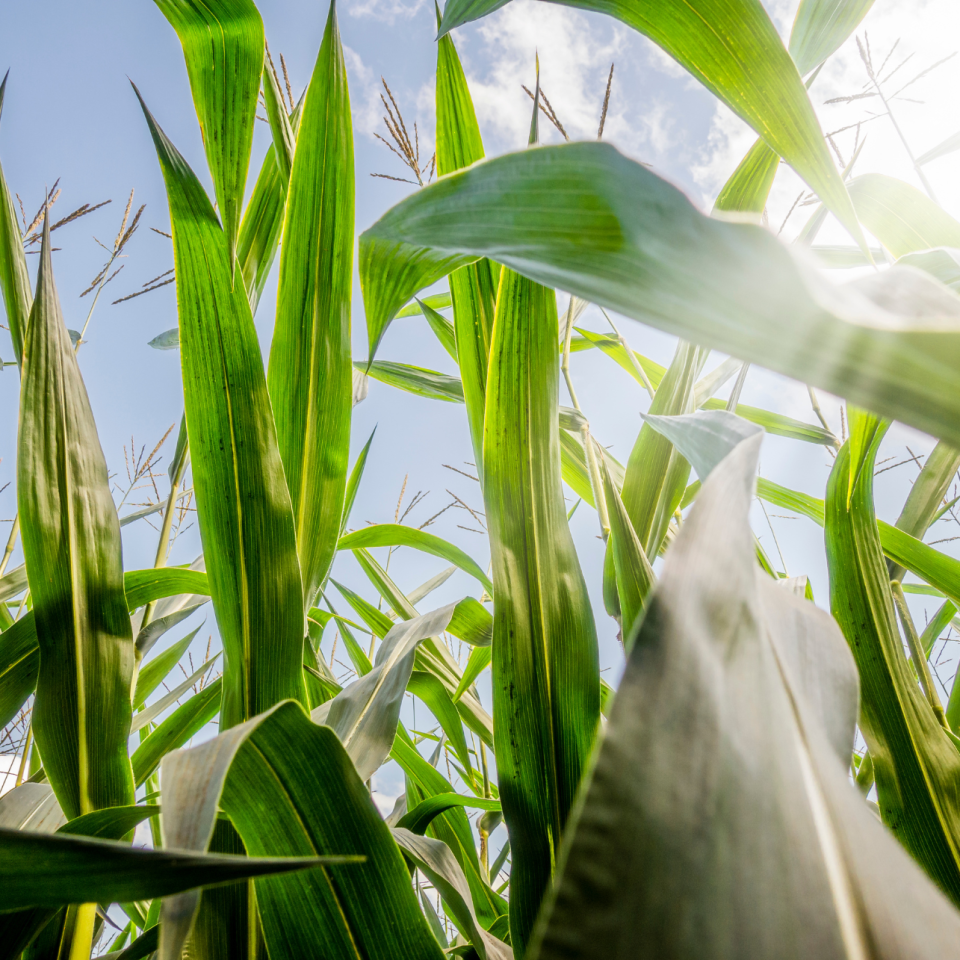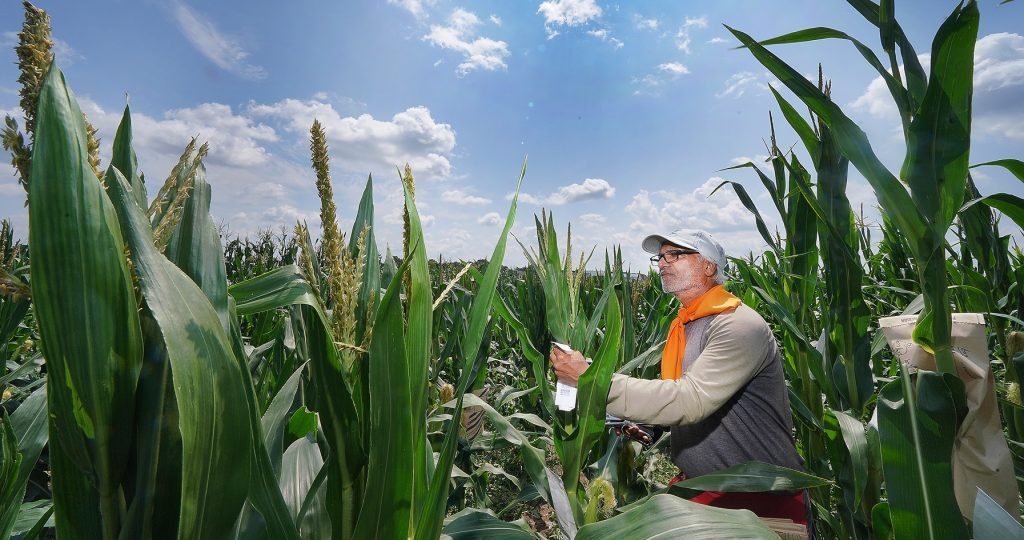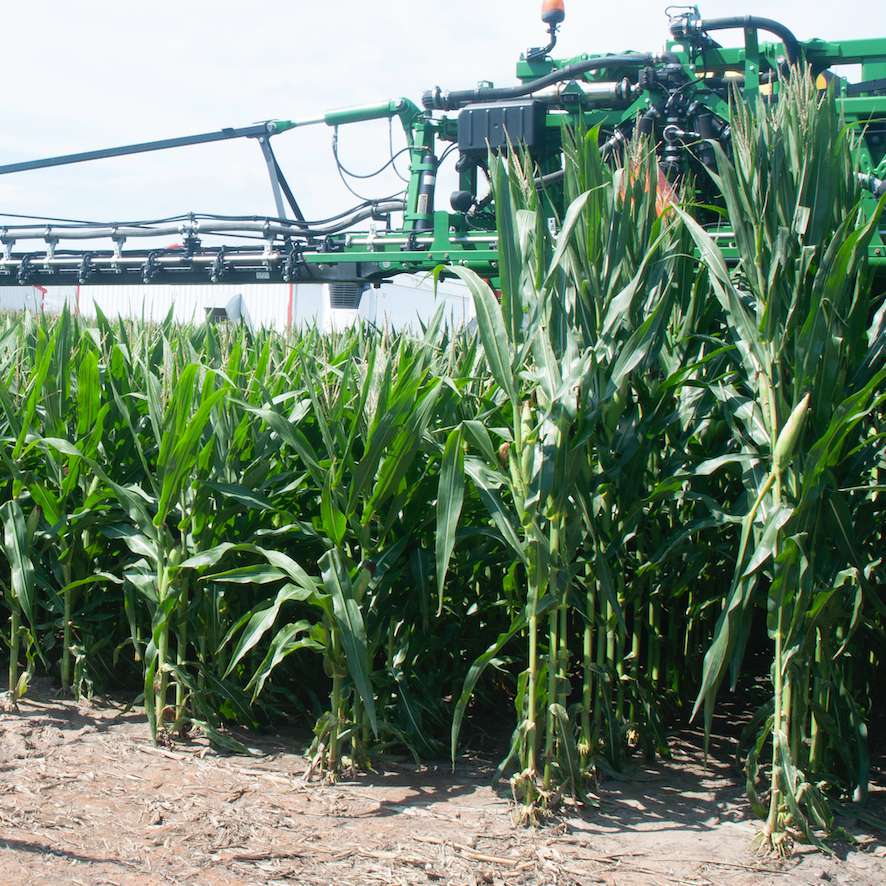
Modern corn is tall, sometimes even twice as tall as a person. But being tall has its problems. The plants are more vulnerable to wind, and it’s harder for farmers to take care of them. Plant scientists believe they can improve corn by making it shorter. Leading seed companies are now working on creating shorter corn through both regular breeding and genetic engineering.
In the heart of Ontario’s farms, a new and exciting trend is emerging — short-stature corn hybrid varieties. While not entirely new, this idea is gaining attention from farmers, experts, and researchers. Let’s explore the world of short corn and understand how it could revolutionize farming by making it more efficient, flexible, and contribute to addressing global hunger.

Understanding The Science of Short Corn
Short stature corn hybrids are a type of corn that’s about one-third shorter than regular corn. This innovation in breeding traits marks a change in how we grow corn. Here are some key points about short corn:
- The target height is 7 feet or less compared to 9-12 feet for regular corn.
- The ear height is 2 feet or more to work well with standard farm equipment.
- The ear size is similar to what we have with current corn hybrids.
- These shorter plants are more stable, allowing farmers to plant them more closely, potentially producing more on each acre.
Creating short corn through regular breeding usually takes five years or more. To speed up the process, Bayer is using genetic engineering. Bayer’s scientists focused on a plant growth hormone called gibberellin. They found a way to lower the levels of this hormone in the stalks without affecting the flowers, resulting in shorter but still productive plants.
Bayer is working on the Preceon™ Smart Corn System, introducing three short corn varieties developed through regular breeding. Corteva, the owner of Pioneer Hi-Bred International, is also working on conventionally bred short corn, aiming to bring it to the market soon.
Strength in Short Stalks
Short stature corn has something in common with shorter wheat and rice: stronger stalks. Being shorter makes the plants more robust and less likely to break or fall, especially during strong winds. This strength improves the overall resilience of the crop and reduces the risk of losing yield due to lodging and greensnap.
In trials, short stature corn hybrids have withstood wind gusts in excess of 50 mph, as per Bayer’s internal trials from 2018-2020 across various environments (535 locations, 16 states), including testing locations during the 2020 Derecho event across Iowa. Corteva researchers assess the strength of new hybrids by exposing them to gusts of up to 160 kilometers per hour from a wind machine.
Enhanced Accessibility and Precision
Short corn offers more than just physical resilience; it also makes fields more accessible for standard farm equipment. The reduced height allows easier maneuverability, enabling farmers to apply crop protection products and other inputs more precisely and at the right time. This flexibility in management contributes to efficient farming practices, potentially improving overall crop health and productivity.

Yield Potential
In Bayer’s trials, short stature corn hybrids showed promising root systems that explore more soil volume faster than regular corn hybrids. This, combined with the increased opportunities to optimize crop inputs and planting densities, suggests short corn could unlock higher yield potential for farmers. Studies show that manipulating corn to be shorter did not affect the ears’ weight, maintaining their productivity.
A New Era in Ontario Agriculture
Farmers play a crucial role in addressing global hunger, with 800 million people still facing food insecurity every day. The introduction of short corn hybrid varieties not only provides adaptability to evolving farming challenges but also fosters a more responsive and resilient agricultural system. This innovation not only contributes to local farming advancements but also aligns with global initiatives to combat hunger.
As short corn makes its way to Ontario, it signifies a new era in agriculture. Sylvite stands ready to support farmers in embracing this transformative trend, ensuring a brighter and more resilient agricultural landscape for years to come.
Additional Resources
- Short Corn Could Improve Management and Increase Yields (Successful Farming)
- What are Short Stature Corn Hybrids? (Bayer)
- High Hopes for Short Corn (Science.org)
- Shorter Corn Offers More Yield Potential (No-Till Farmer)
- Purdue Researcher’s Short Corn Has Far-Reaching Potential for Growers, Industry and The Environment (Purdue University)